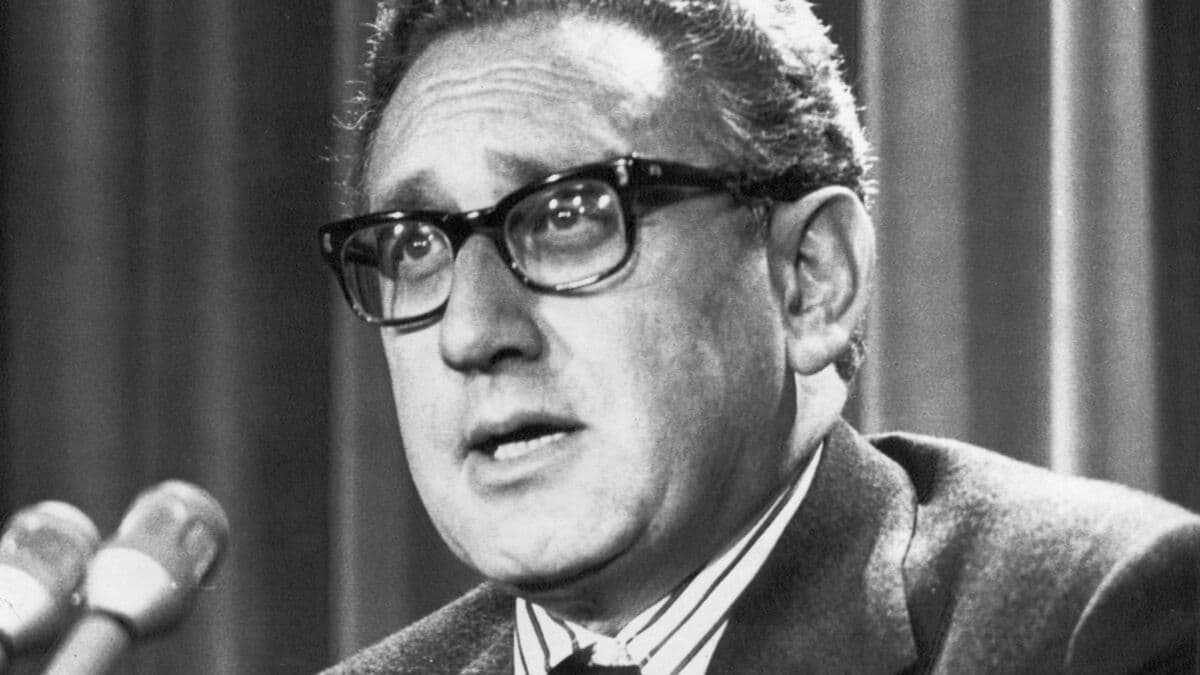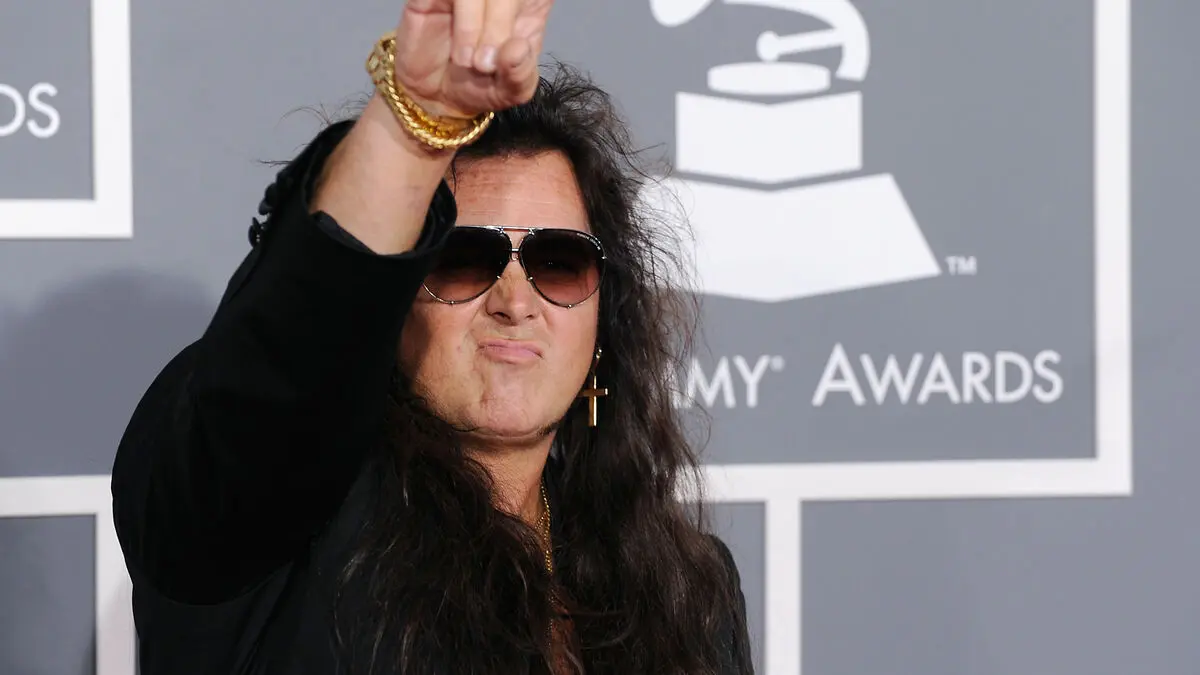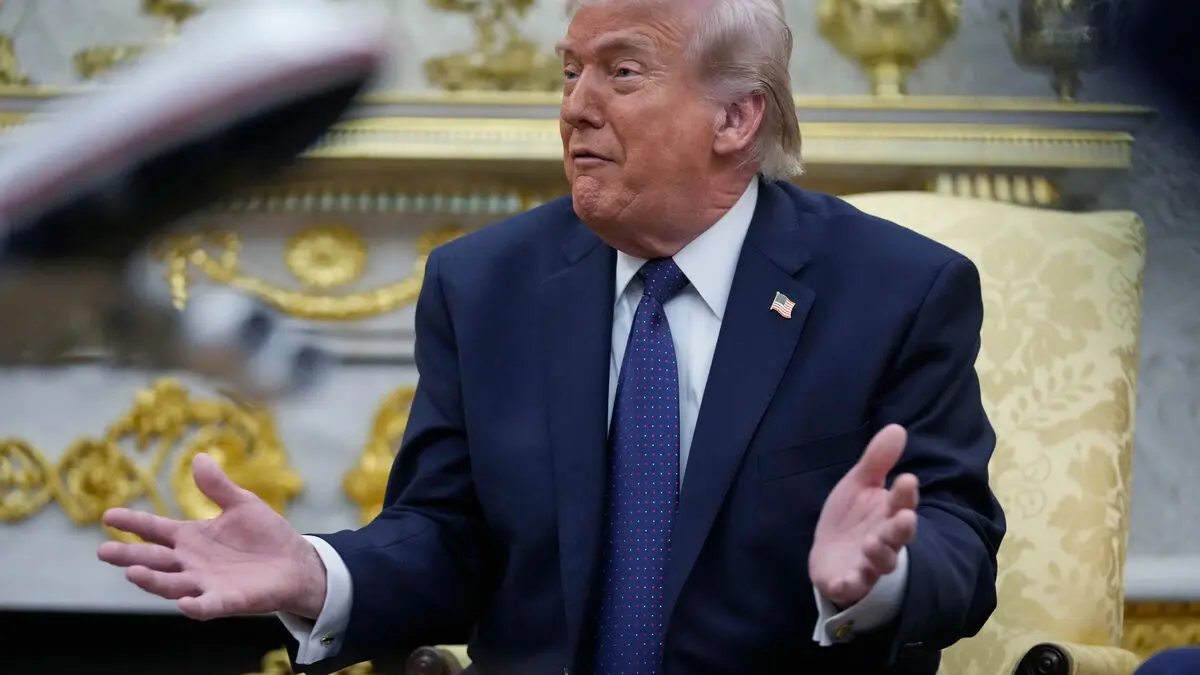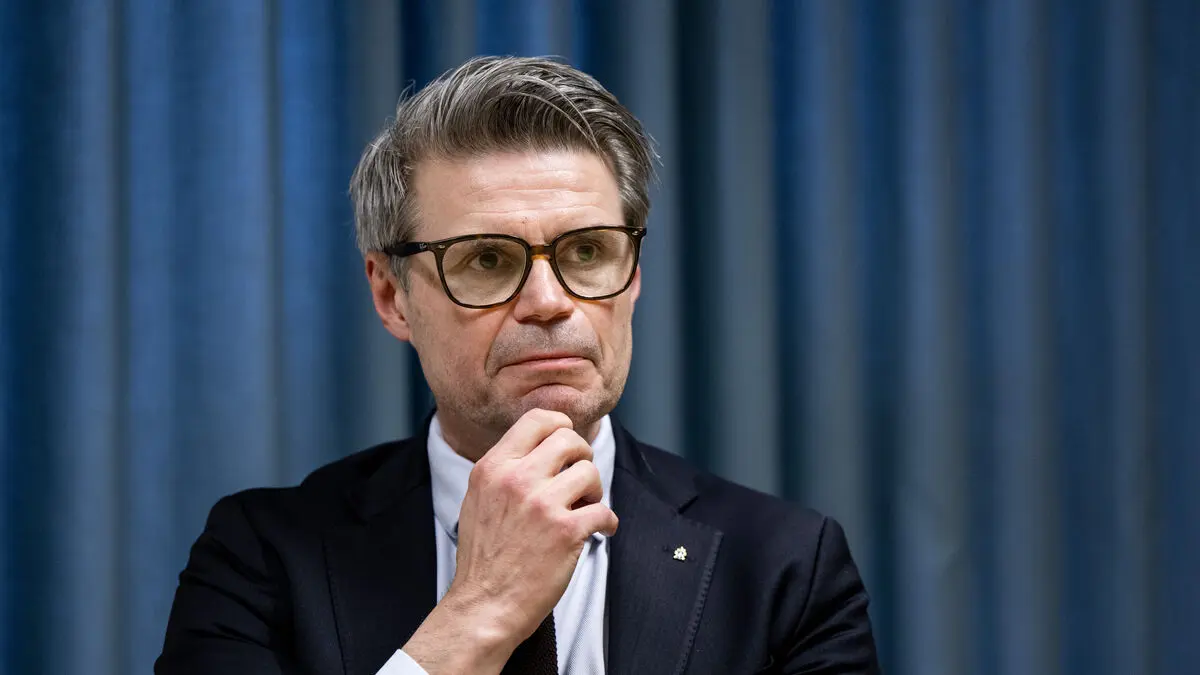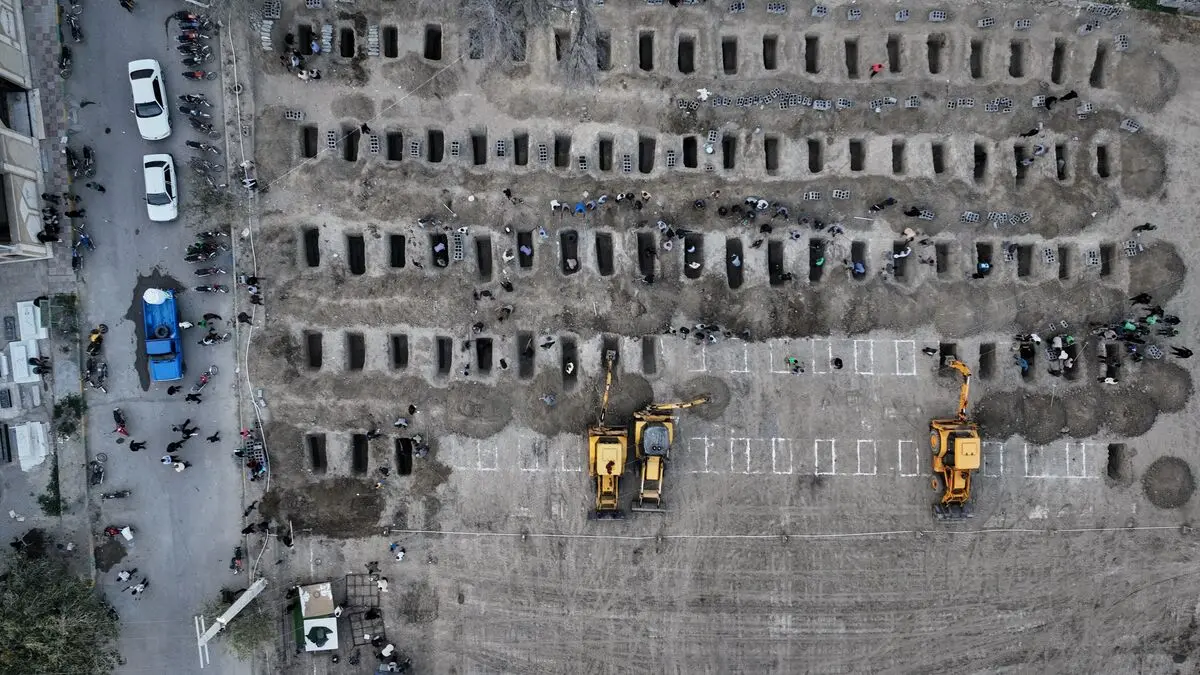Here are some of the biggest storms since the first Nobel Peace Prize was awarded to Red Cross founder Henri Dunant in 1901.
1973 – Henry Kissinger and Le Duc Tho
A peace plan between the US and Vietnam was welcome after several years of negotiations and in the spring of 1973, the last American soldiers left South Vietnam. The criticism was still enormous for honoring the intensely warring US and Kissinger – not least from Le Duc Tho, who refused to accept the prize.
1993 – Nelson Mandela and F W de Klerk
Former prisoner and ANC leader Mandela is one of the most acclaimed world leaders in modern history. But that the last president of the South African apartheid regime, de Klerk, was also allowed to share the peace prize, aroused bad blood in many.
1994 – Yassir Arafat, Shimon Peres and Yitzhak Rabin
The prize to the Palestinian and Israeli leaders was in a way a prize to the Norwegians themselves and the so-called Oslo process, which in the 1990s raised hopes for a peaceful solution in the Middle East. With hindsight, however, the peace did not become particularly long-lived.
2009 – Barack Obama
The new US president had only been in office for just over half a year when he received the prize – largely due to the hope he brought with him for international cooperation. In retrospect, however, criticism has grown that someone is being honored for things that have not yet been done.
2019 – Abiy Ahmed
Ethiopia's prime minister was praised for the peace with Eritrea, in the hope of becoming a beacon for more democratic leaders in Africa. The glory has, however, been somewhat skewed, not least after the civil war in the Tigray region, where several hundred thousand people are estimated to have been killed.
2025 – who knows?
Regardless of who receives the prize this year, criticism will be heard that the committee has chosen or not chosen Donald Trump. His supporters will likely be particularly angry if pre-favorites such as the UN Secretary-General or one of the international courts, ICC or ICJ, receive the prize instead.
More "neutral" candidates mentioned are, for example, the Sudanese aid organization Ghuraf al-Tawari (better known under the English abbreviation ERR, Emergency response rooms) and Odihr – the election monitoring body within the OSCE, the Organization for Security and Cooperation in Europe.
Here are the last ten recipients of the Nobel Peace Prize:
2015: The Tunisian National Dialogue Quartet.
2016: Colombia's President Juan Manuel Santos.
2017: The International Campaign to Abolish Nuclear Weapons, Ican.
2018: The doctor Denis Mukwege from the Congo-Kinshasa and the Yazidi Nadia Murad from Iraq.
2019: Ethiopia's Prime Minister Abiy Ahmed.
2020: The UN's food program, WFP.
2021: The journalists Maria Ressa and Dmitrij Muratov, active in the Philippines and Russia, respectively.
2022: The imprisoned democracy profile Ales Bjaljatski from Belarus, the Russian human rights organization Memorial, and the Ukrainian Center for Civil Liberties.
2023: The imprisoned women's rights activist Narges Mohammadi from Iran.
2024: The Japanese atomic bomb survivor organization Nihon Hidankyo.
Source: The Norwegian Nobel Institute

